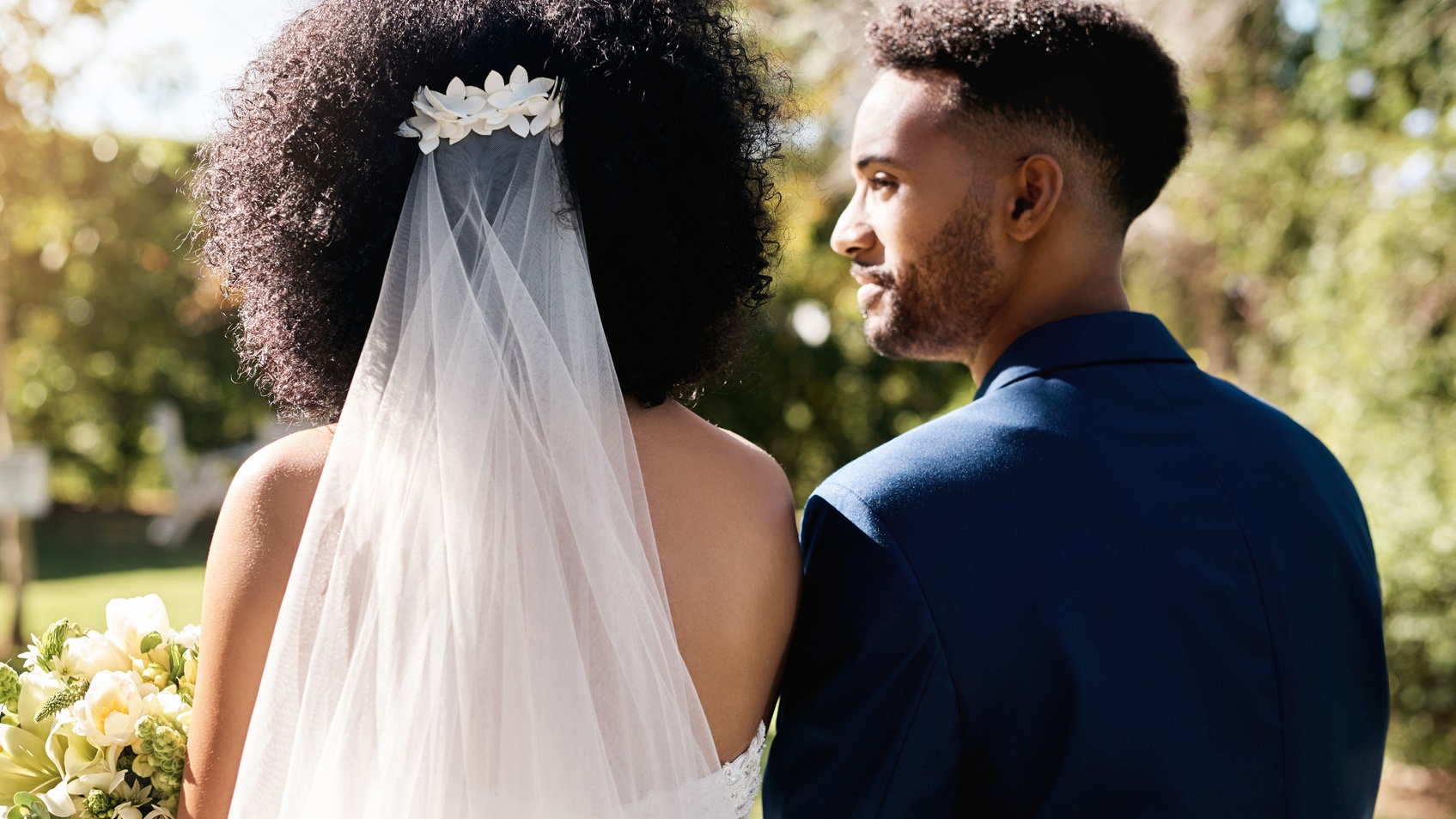The New York Times found in a 2015 analysis that around 70% of women in the United States take on their husband's family name upon marriage, a number that suggests an allegiance to a cultural paradigm that has existed since medieval times.
Simon Duncan, a professor of family life at the University of Bradford in the U.K. who has been studying male-name taking, affirmed the patriarchal undertones that are associated with women embracing a man's surname.
“It is quite surprising…[that a large number of women adopt the man’s name] since it comes from patriarchal history, from the idea that a woman, on marriage, became one of the man’s possessions," Duncan said, according to the BBC.
"Is this just a harmless tradition, or is there some sort of meaning leaking from those times to now?" he asked.
After a fierce Twitter debate inspired by a user asking, "y'all be marrying women who don't want your last name?????" people shared their own opinions of the name-taking tradition.
Y’all be marrying women who don’t want your last name?????
— Brad Jordan (@504carsonst) April 21, 2021
Some Twitter users thought it was offensive to suggest that a woman should be expected to take her husband's last name.
Bwahahahahahaha. Imagine your mother going through 9 months of gestation, surviving labor, sacrifices everything for you, only for you come on Twitter to embarrass her like this. Mcheww.
— Queen_Aoleon (@La_jeune_fille) April 22, 2021
My name, her name, ion care who name on the bills. Rent due on the 5th shawty pic.twitter.com/34Cgs7gnNX
— はじょう ???? (@YoManne) April 22, 2021
yep, children not carrying it either, that colonizer name gonna end with me
— Mark Emile (@ciastationchief) April 22, 2021
Sir, are you marrying her or adopting her?
— Miss Shawn! (@thepbg) April 22, 2021
My ex wanted to take my last name. I didn’t know until after we were married that he was avoiding creditors and that’s why he wanted to take it. Wasn’t that romantic?
— Masmalinois (@masmalinois) April 22, 2021
Some Twitter users expressed the importance of the name change, and if they refused, they'd consider it a "red flag."
Taking on one last name is a sign of unity within a family. When you take on a man's last name it shows the woman is under his protection.
Masculine women have a problem with taking on a man's last name and it's definitely a red flag.
— Don't speak my name (@216_Nez) April 22, 2021
Naw, not only do she gotta take my name, she gotta let hers go. No hyphenation, due respect to those that do, not here. I'll walk away if the terms arent met!
— KazEE-Ka-Me ???????? (@KazeKAHME) April 22, 2021
While people argued that women taking their husband's family name is respectful by way of tradition, others made note of how difficult the name changing process can be which entails anything from getting a new driver's license to a new social security card.
…… do y’all even know how complicated it is to change your name?
Do you even understand the mechanics of changing your name? Do you know what your partner’s relationship to their last name is?
Women are not sacrifice machines to make a man feel like a man.
— Angie (@aaangey) April 22, 2021
And other users gave a brief history lesson on how taking surnames in Western culture is an antiquated practice.
Many non-Euro cultures (mine) don't have women take a husband's surname.
Historically (Euro/western) the point was ownership- preventing women independence & participation in public life e.g. contracts, real estate/personal property etc. It's dated & totally unnecessary.
— ፀጋ አበራ (@Ooriah) April 22, 2021
“I already owned my house. I had a degree, my car, all different things. So, if I had to change my name, then subsequently I’d have to change my name on all those titles and licenses,” America Nazar, a dentist based in Sweden said. “It just makes it a bit more complicated and it's not very necessary, in my opinion.”
Imagine marrying a man that throws a temper tantrum over some letters strung together that he thinks marks you as his property?
— Erin (@Snow1nApril) April 22, 2021
Overall, a number of women in the United States have opted for neutrality in the name-taking debate, using hyphenated names as a possible alternative, The Atlantic reported.
Psychologist and therapist at the University of California, Berkley Heath Schechinger, anticipates that heterosexual couples may be influenced to keep their own names as “the concept of 'family' expands” to become more inclusive of the LGBTQ+ community and even “two-plus partner unions."
“While it is unlikely partners will ever have complete autonomy about their name choices without fear of societal or familial repercussions, an increasing number of people are, and will continue, to make the choice to deviate from the norm,” he said.
